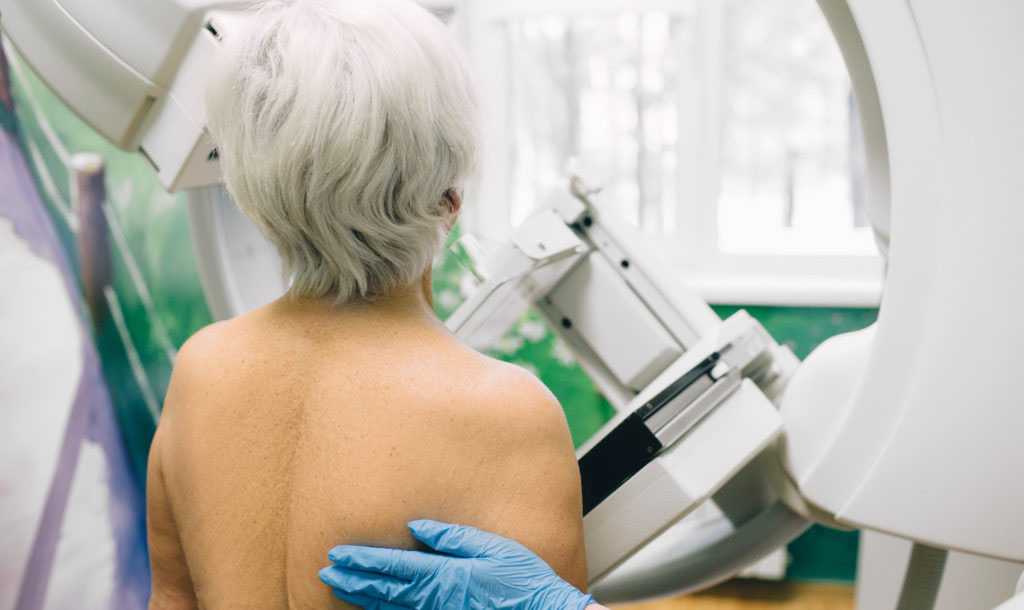Risk-Based AI Algorithm Detects Cancer from Limited Number of Mammograms
By MedImaging International staff writers
Posted on 01 Apr 2021
A risk-based algorithm - based on clinical indication, breast symptoms, breast cancer history, and age – was found to successfully maximize cancer detection from limited mammograms.Posted on 01 Apr 2021
In a unique study, researchers at the Kaiser Permanente Washington Health Research Institute (KPWHRI; Seattle, WA, USA) have found a new way for triaging mammogram patients during times of limited capacity, such as pandemic surges, when individuals may also experience anxiety about COVID-19. In one of the largest studies of its kind, the researchers looked at nearly 900,000 individuals and close to two million mammograms from 2014 to 2019 at more than 90 radiology facilities in the national Breast Cancer Surveillance Consortium.

Illustration
They found that a risk-based algorithm - based on clinical indication, breast symptoms, breast cancer history, and age - successfully maximized cancer detection. The results showed that 12% of mammograms with “very high” and “high” cancer detection rates accounted for 55% of detected cancers, while 44% of mammograms with “very low” cancer detection rates accounted for 13% of detected cancers.
“What this means is that triaging individuals most likely to have cancer during periods of reduced capacity may be effective at detecting the most cancers with the fewest mammograms versus using a non-risk-based approach,” said Diana L. Miglioretti, professor and division chief of biostatistics at the UC Davis Department of Public Health Sciences and affiliate investigator with KPWHRI who led the study. “Whether it is due to unexpected new surges in COVID-19 cases prompting new lockdowns or other emergencies such as cyberattacks or natural disasters like wildfires, the study results provide important guidance for navigating through any crisis that could impact the availability of mammograms.”
Related Links:
Kaiser Permanente Washington Health Research Institute














